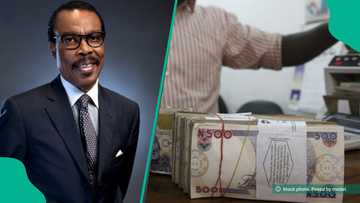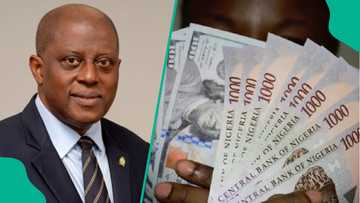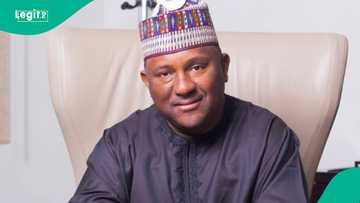Nigeria’s Presidency Spends Over N23 Billion on Foreign Currency for International Trips
- In 2024, Nigeria’s Presidency spent over N23 billion on foreign currency for official overseas trips, marking a 23% increase from the previous year
- This surge is due to more frequent international engagements by the President, Vice President, and First Lady, alongside a weakened naira, which has driven up travel costs
- The increasing foreign exchange expenditure highlights the growing financial burden on Nigeria’s diplomatic presence abroad, exacerbated by the country's economic challenges
In 2024, the Presidency spent more than N23 billion to buy foreign currency for the trips abroad of the First Lady, Oluremi Tinubu, Vice President Kashim Shettima, and President Bola Tinubu.
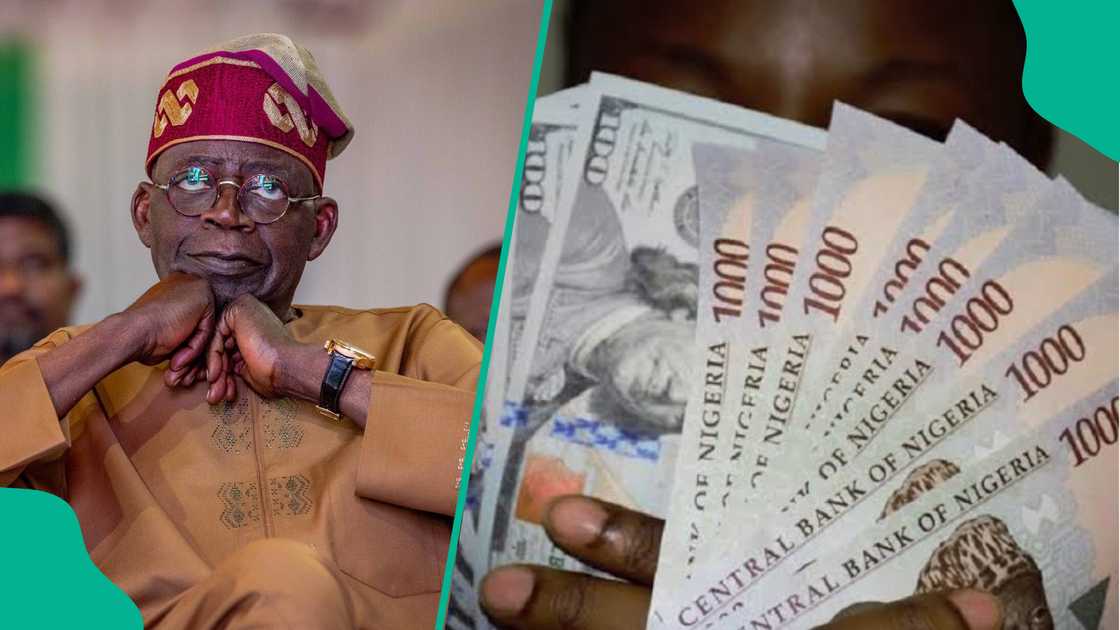
Source: Getty Images
This amount, calculated using data from GovSpend, a government spending tracker run by BudgIT, represents a notable increase of around 23% over the N18.63 billion reported in 2023.
The increase in spending is a result of the President and State House officials travelling abroad more frequently and on a larger scale. Due to the naira's declining value relative to major international currencies, these trips—which are reportedly essential for Nigeria's diplomatic engagements and international relations—are becoming more expensive.
The cost of sustaining the nation's diplomatic presence abroad has skyrocketed in a year characterised by economic difficulties. Government finances are under further strain due to the escalating cost of foreign currency, unstable exchange rates, and Nigeria's economic circumstances.
The expense, which is dispersed among several official and diplomatic missions, illustrates how expensive international travel is becoming for Nigeria's highest-ranking government officials. The President's foreign engagements accounted for the largest portion of his 2024 foreign exchange expenditures.
The president's February 2024 trip to Ethiopia cost N1.04 billion. In March 2024, N1.27 billion was spent on the presidential air fleet's FX transit funds. With N5.07 billion set aside for its operational and foreign exchange requirements in April 2024, the President's air fleet remains a significant financial burden.
In comparison to previous years, the Vice President's overseas engagement expenses have steadily increased, as evidenced by his nearly N750 million total foreign exchange expenditure in 2024. Additionally, a sizable amount of the foreign exchange expenditures in 2024 came from the First Lady.
Her January 2024 trip to France cost about N149.79 million, and her March 2024 travel to Mozambique cost about N202.39 million. In 2024, the First Lady spent over N478 million on foreign exchange.
In addition to overseeing the President's engagements and ensuring everything runs smoothly on official trips overseas, the Office of the Chief of Staff is crucial to the management of several foreign exchange expenses.
To support a number of official duties, the Office of the Chief of Staff to the President spent N94.7 million on foreign exchange purchases in 2024. A variety of high-level government operations, including diplomatic contacts and international conference preparations, were covered by the expense.
The majority of this expenditure, N46.5 million, under the Office of the Chief of Staff to the President, was set aside for foreign exchange to fund the president's August 2023 visit to the United Kingdom.
Preparations for Nigeria's participation in the 78th session of the United Nations General Assembly in the United States later this year also received a noteworthy allocation of N12.7 million. An additional N5.1 million in foreign exchange transactions were made to accommodate extra logistical needs related to official travel and events.
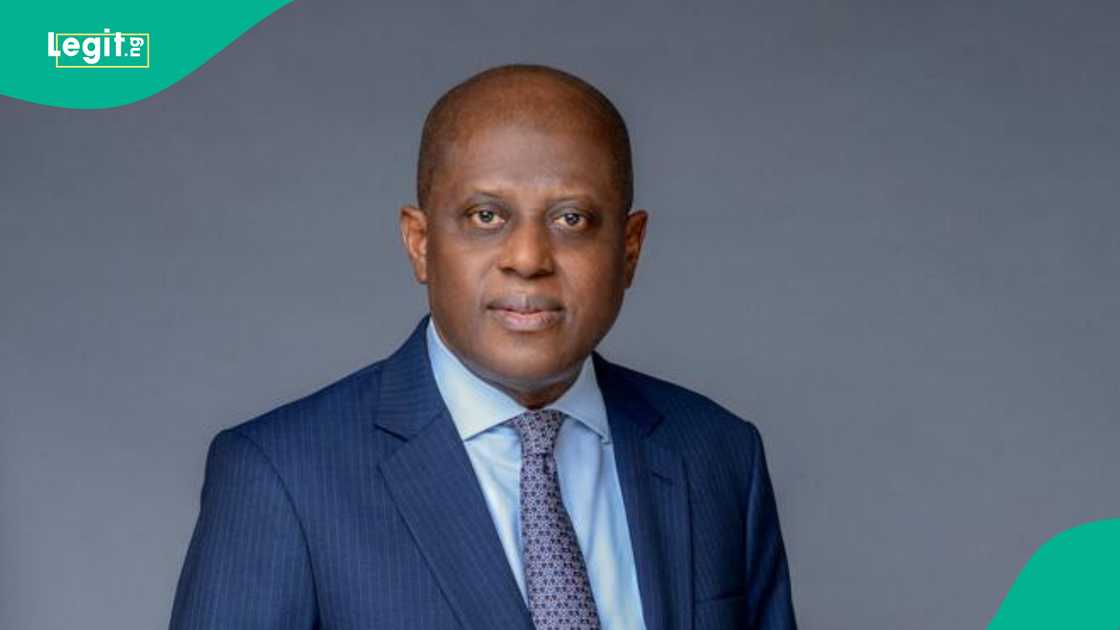
Source: UGC
The increasing volume of foreign exchange transactions underlines the growing demand for financial resources to support Nigeria’s diplomatic presence on the international stage.
While these trips are vital for Nigeria’s global presence and influence, they come at a significant cost. The rising spending on foreign currency for such engagements highlights the challenges the Nigerian government faces in managing foreign exchange, especially as the country grapples with inflation, exchange rate instability, and economic uncertainty.
Kunle Babalola said,
"I think that we are getting there gradually. Prior to now, the spending of government wasn't really known but today, we have everything in the public websites for people to see."
CBN governor speaks as naira hits two-month high
Legit.ng reported that at the official foreign exchange (FX) market, the naira rose to a two-month high of N1,565.46 per dollar on Wednesday, continuing the trend of relative stability that has persisted in previous months.
According to data released by the Central Bank of Nigeria (CBN), the last time the local currency traded close to this level was on 4 April 2024, when the dollar traded at N1,567.02 on the Nigerian Foreign Exchange Market (NFEM).
Additionally, the naira saw advances in the black market, which is the parallel market segment. In comparison to Monday and Tuesday, when it was valued at N1,610, the local currency appreciated by N5 to settle at N1,605 per dollar.
Source: Legit.ng

